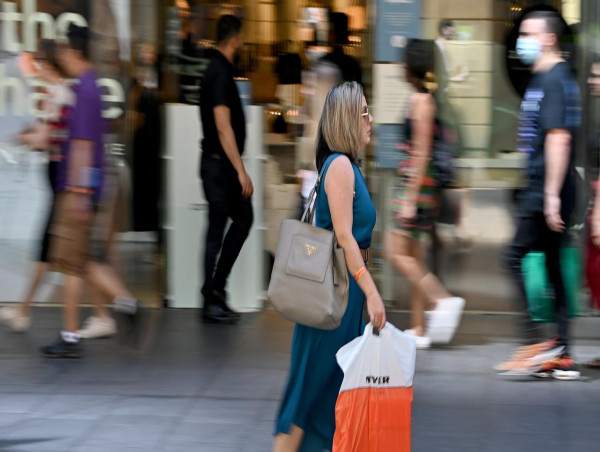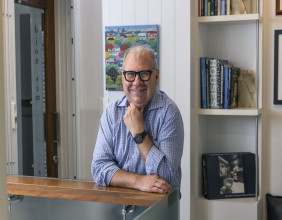The Reserve Bank's decision to keep interest rates on hold has done little to soothe the nerves of Australian consumers.
The weekly measure of consumer confidence from ANZ and Roy Morgan reported a 2.1-point decline last week to 77.2, its seventh weakest result since the COVID outbreak in March 2020.
The index did improve by 1.1 points the week prior and just after the central bank's decision to pause interest rates, with confidence among mortgage holders driving the improvement.
But ANZ senior economist Adelaide Timbrell said the index remained persistently low given the RBA's no-hike decision in April, house prices starting to lift and jobs figures showing most people in work.
"Though the confidence gap between home owners with mortgages (the least confident cohort) and other housing cohorts was slightly less than average for the year," Ms Timbrell said.
Of the subindices, confidence in the future financial conditions fell the most, sinking 5.5 points.
Another index that combines search engine results and Commonwealth Bank spending and lending to paint a picture of consumer spending intentions also pointed to slowing annual growth.
Although the CommBank household spending intentions index lifted eight per cent over the month, following declines in February and January, the annual rate of growth moderated to 3.8 per cent in March from 4.6 per cent in February.
This is down from a peak of 15.2 per cent annual growth in August 2022.
CBA chief economist Stephen Halmarick said transport and education drove the monthly uplift in planned spending.
"The increase in transport spending indicates more people are working from the office, rather than from home," Mr Halmarick said.
The slowdown in consumer spending is expected to continue as the full impact of the 350 basis points of interest rate hikes start to bite.
A Deloitte Access Economics report said the last 50 basis points of increases were "unnecessary" and had only served to dampen Australia's growth outlook.
The report's lead author and partner at the firm, Stephen Smith, said household spending would finish the year below where it started as the costs of servicing a mortgage ballooned.
Mr Smith said most Australians would cope with the cash rate hitting 3.6 per cent but many would not, with the cost of servicing an average $600,000 mortgage rising by more than $14,000 a year once all the rate hikes flowed through.
Under these conditions, he said at least 300,000 households already have more cash flowing out through higher mortgage repayments and general expenses than coming in through wages and other sources of income.
"That should shock all of us," Mr Smith said.
Against the backdrop of household pain, a lull in dwelling construction and a shaky global environment, the firm's economists have revised their expectations for economic growth down to 1.5 per cent in 2023 and 1.2 per cent in 2024.
This will be the weakest growth outside the pandemic and the recession of the early 1990s.
Further interest rate hikes have not been ruled out, with the minutes from the RBA's April cash rate decision, due on Tuesday, hopefully containing some clues about the bank's future decisions.





